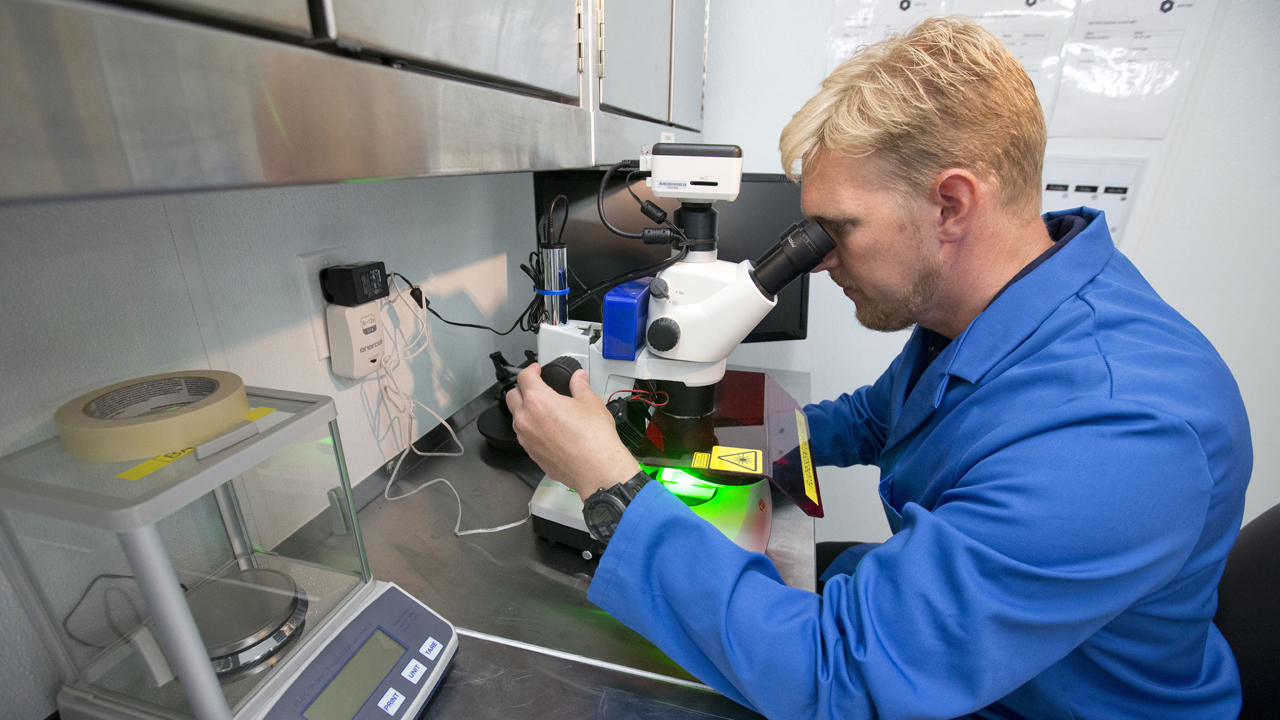Here's How the University of Miami is Taking on Zika
A university in Florida is working hard to fight back against the Zika virus, which has been a concern for citizens of the state.
Researchers at the University of Miami’s Miller School of Medicine have been preparing for the virus well before the Florida Board of Health recently identifying two areas of Miami-Dade County where Zika is being spread.
“Our teams have been very focused more than a year ago in developing diagnostics and working on an effective vaccine and new ways of controlling mosquitoes,” University of Miami President Dr. Julio Frenk told the FOX Business Network. “This is not going to be the last epidemic we will see and we need to develop the tools, invest in the research and the public health infrastructure to make sure we’re prepared for this and future epidemics as well.”
According to the Centers for Disease Control and Prevention, as of August 24, more than 2,500 cases of Zika have been counted in the United States. Though many people who are infected with the virus won’t show symptoms, some of the most common include fever, rash, joint pain, conjunctivitis.
Dr. Frenk explained what the staff at the university’s medical school has been doing in their quest to quell expansion of the virus.
“We have a group that’s been working on diagnostics of viral diseases which started with AIDS many years ago,” he said. “Others in our faculty have been working on a fast, much cheaper diagnostic test. We’re actually moving forward, seeking FDA approval so that you can have that diagnosis, which is so critical for early intervention."
He added: “The other side of this is better prevention through vaccines and better control of mosquitoes. We’ve also done mapping of where the mosquitoes breed, what are their habits, how we can better control those populations.”
Currently, there is no cure for Zika. However, there are many things that can be done to screen patients, says Frenk.
“In the case of Zika, of course we have the challenge of also screening babies in the case of pregnant women that might be affected, and our hospitals have worked on some of those screenings and tests, particularly when it comes to eye defects that might be present. So we are very active, both in protecting our own students, but also in generating the research and healthcare for our community,” he said.




















